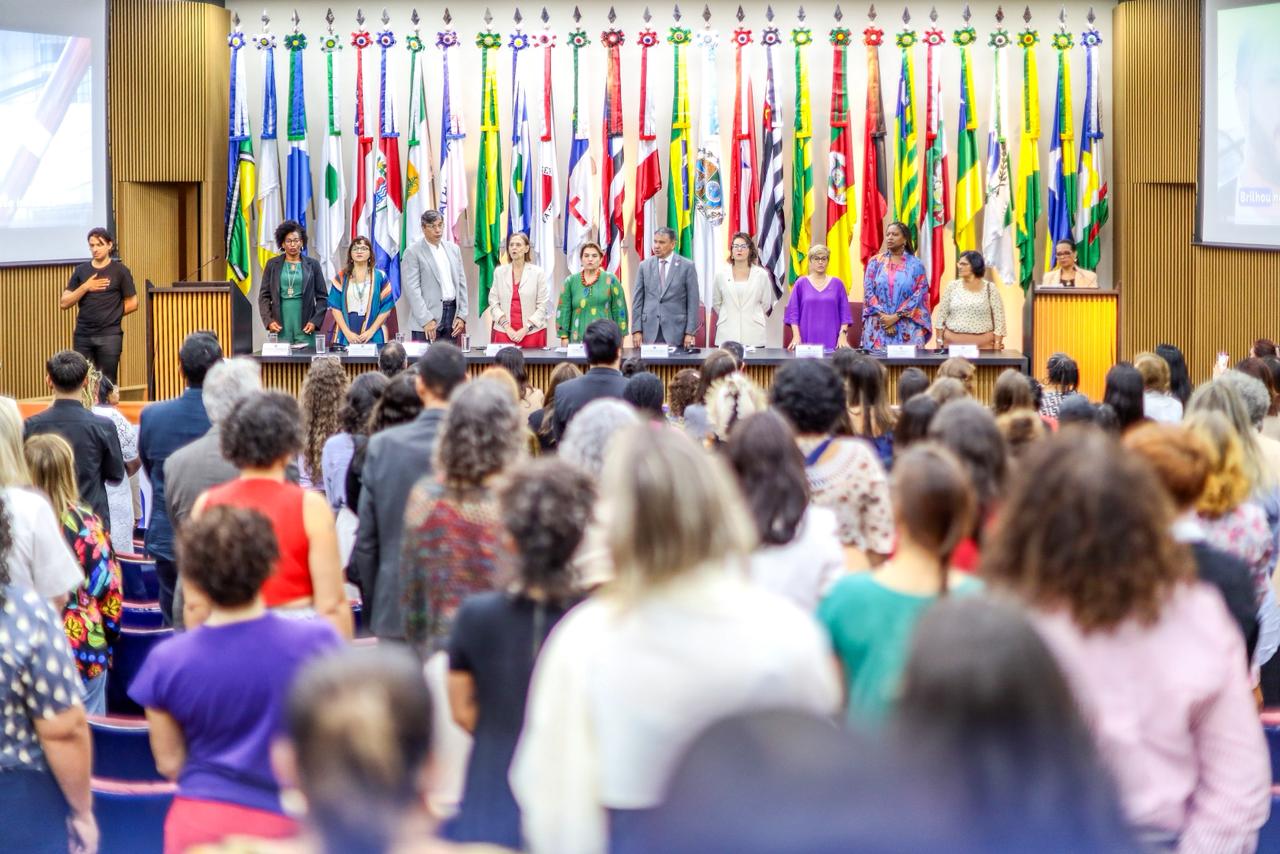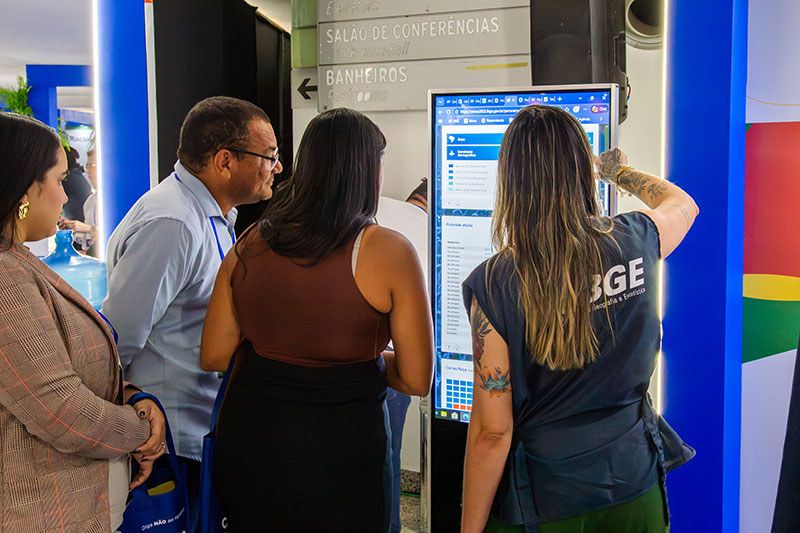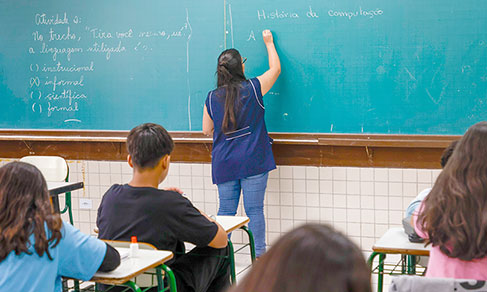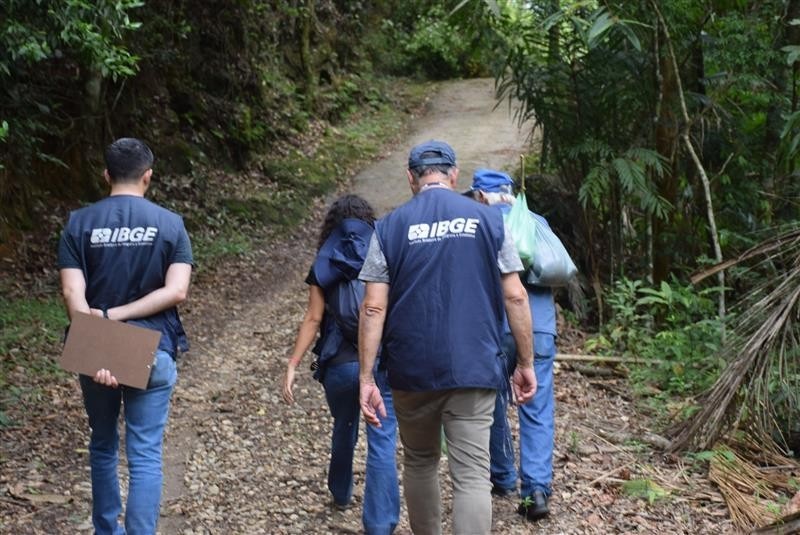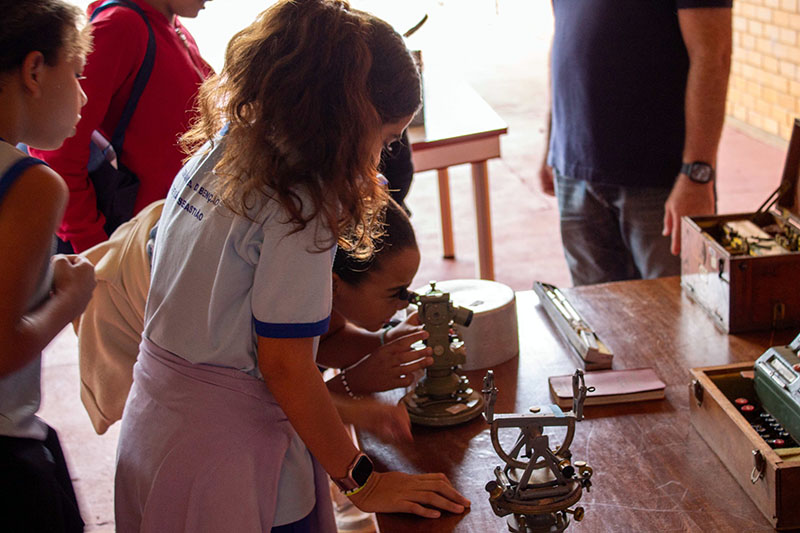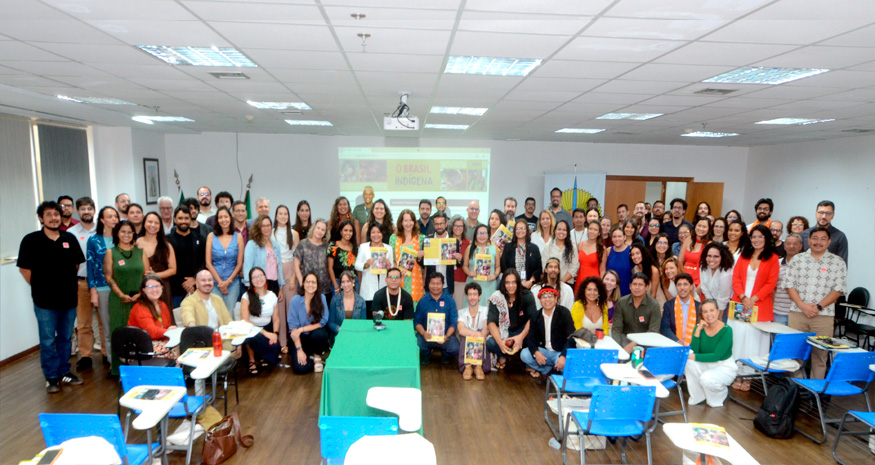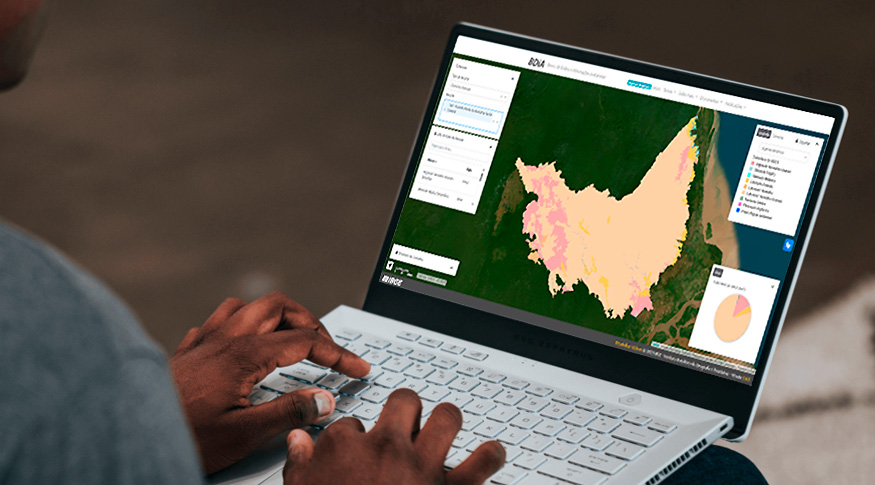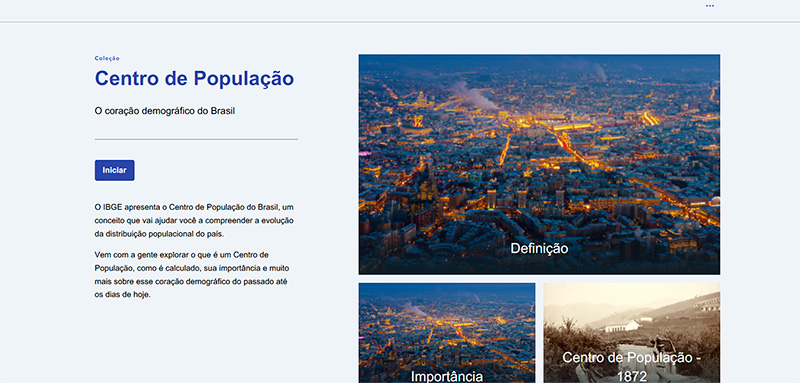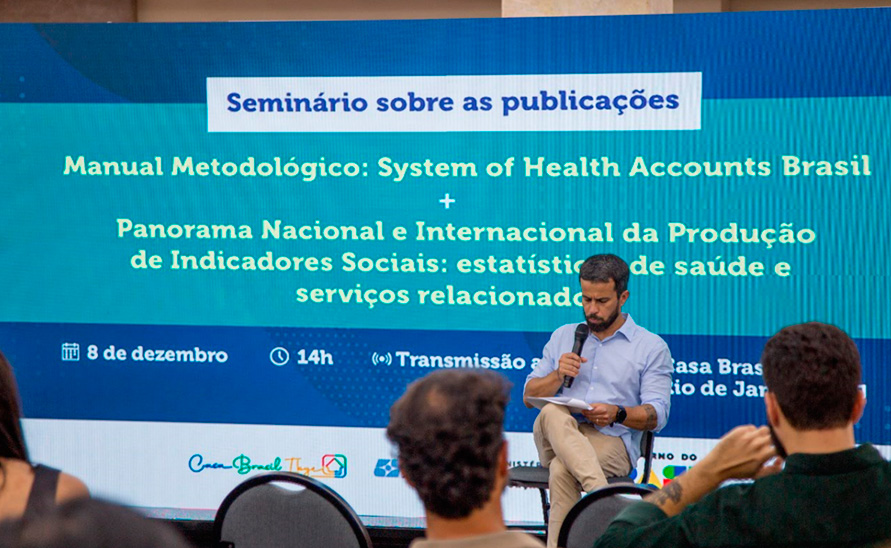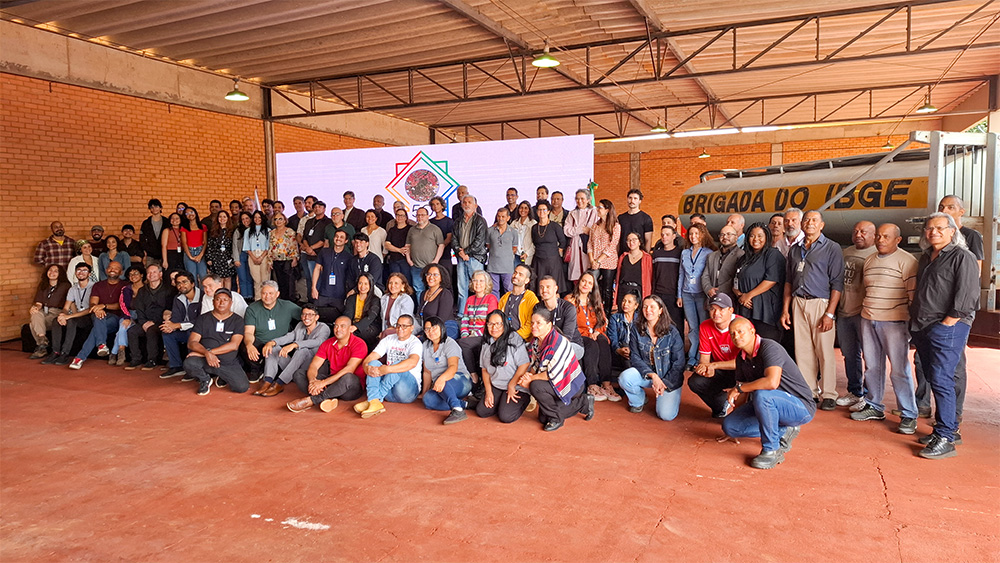Sudene and IBGE discuss integration of regional data
May 06, 2024 05h02 PM | Last Updated: May 07, 2024 10h35 PM
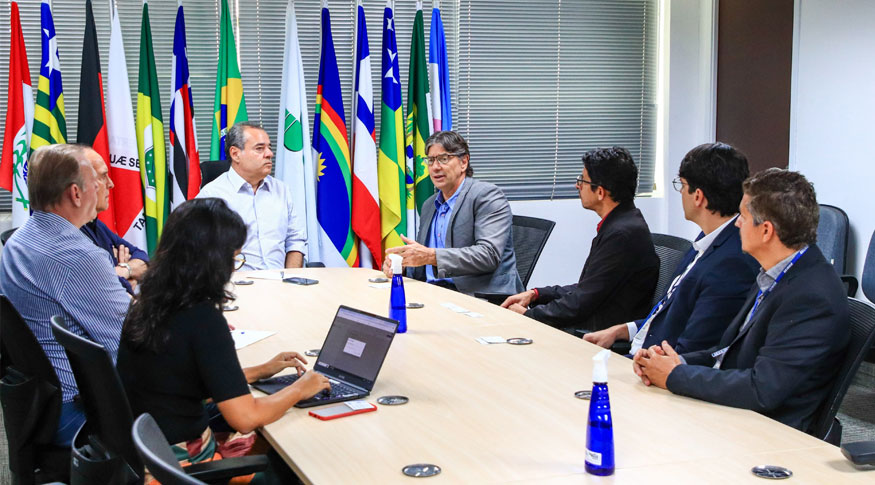
In a meeting marked by the convergence of initiatives aiming at regional development, teams from Sudene and from the Brazilian Institute of Geography and Statistics (IBGE) discussed common agendas in the fields of data management, professional qualification, and transparency. The meeting took place at the headquarters of Sudene, in Recife, capital of Pernambuco state, and represented the recovery of proximity between the two institutions.
According to Marcio Pochmann, president of the IBGE, the institute is going through a process of redefinition of its mission. More than producing data about the new demographic and economic reality of Brazil, the institute now intends to strengthen the strategic use of this activity to improve public management and expand citizens’ perception of how valuable the results that portray reality in Brazil are.
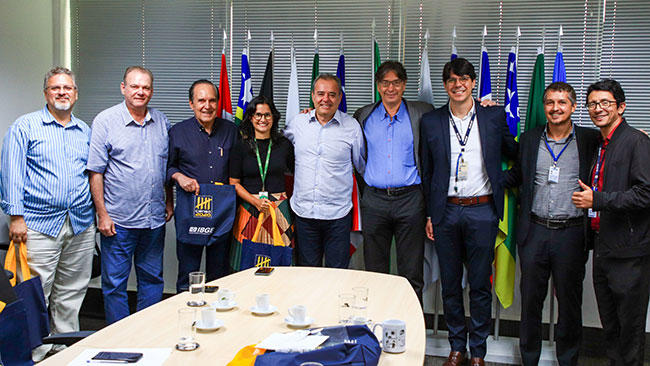
“This is a moment for the IBGE to recover proximity to Other institutions so that we can create new possible partnerships. We want to focus on the dissemination of information, and make them reach public administrators, towards a new vision of the economic dynamics to connect markets and have a new look at the effect within the country. How does society receive information? We also notice there are a number of initiatives to produce data that cannot be combined. Such fragmentation increases the cost of management. The IBGE can work in the coordination of this action.” Mr. Pochmann explained.
The coordinator of IBGE’s Center for Information Documentation and Dissemination (CDDI/CCS), Daniel Castro, also highlighted the importance of working in the field of regional intelligence associated with data related to professional qualification and improvement of decision making by public administrators. “We could not think of an action of this type without the help of Sudene, which is an authority in this team.” Daniel Castro also explained that the IBGE is no longer interested in merely presenting historical data about Brazil. “We want to produce dynamic content, applicable to reality, and therefore, generate a positive economic impact.”
Superintendent Danilo Cabral remarked that both institutions are experiencing similar realities, in an attempt to restate its importance within a historical process of rearrangement of planning instruments. “At Sudene, we have identified the challenge of reconnecting with put public policies into operation, for example, the academic community, mayors, and governors. That is necessary for the new reality of the Northeast, which is not the same as when Sudene started. We are much more connected, made stronger by the sustainability agenda.”
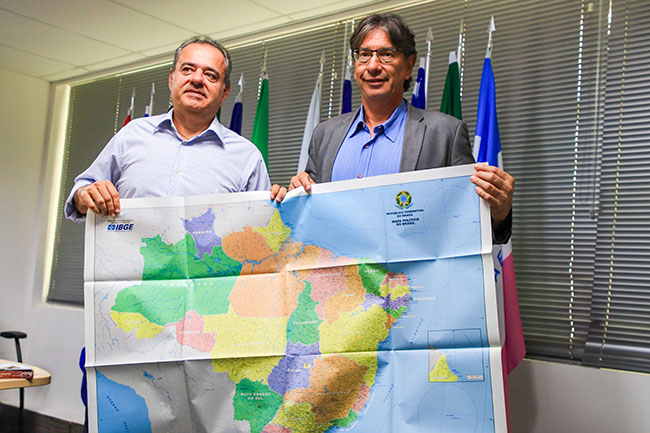
The director advocated the integration of regional data as the foundation for the development of effective actions in the Northeast. “We have been redefining the position of this topic at Sudene. Discussions have started aiming at the creation of a strategic data portal about the region. We have a new regional plan, PRDNE, which lists our priorities. And what the IBGE has brough here has a lot to do with topics such as innovation and public management,” said Danilo Cabral. Both institutions agreed to analyze forms of cooperation.
The meeting was attended by Sudene’s directors of Planning, Álvaro Ribeiro, and Administration, José Lindoso, besides the geographer Ludmilla Calado. On behalf of the IBGE, participants were the superintendent in Pernambuco, Gliner Alencar, and also planning analyst Enildo Meira.



